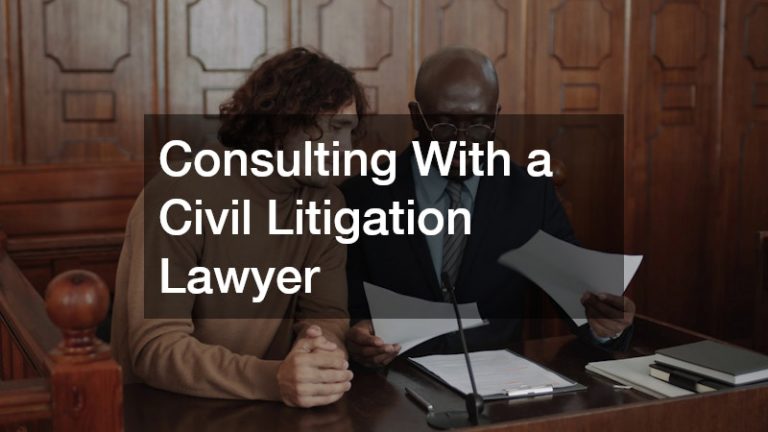

Personal injury cases account for most civil lawsuits filed in the justice system. Many personal injury clients rarely file lawsuits in undeveloped countries because few are knowledgeable of their rights. Another reason could be the defendant is powerful. You often hear stories of personal injury victims who lost work and incurred substantial financial losses due to personal injuries. Some countries permit the plaintiffs to represent themselves. Also, personal injuries are mostly solved at the settlement stage.
The following are some considerations one should make in a personal injury case. They are also known as the elements of the tort. They include; duty of care, breaching of duty, an injury, remedy. In other cases, personal compensation may be in two forms, depending on the damages incurred. Any disruption due to the personal injury is fully compensated. Injury litigation does not take long to settle unless more evidence and investigation are needed. Also, hiring an expert in such cases is advisable. A car accident attorney will help with personal injuries that involve car accidents.
In personal injury litigation, more than one party can be sued. In case of an accident, you may sue the government, the manufacturer of the model of the car you’re driving, and the other driver you collided with. An expert in litigation will advise you on ensuring you are compensated.

If you’re seeking out an attorney for personal injury-related issues, probably some of your top questions have to do with what kind of damages, or monetary compensation, you may be entitled to. You shouldn’t feel any guilt about that; despite some depictions in popular culture, most people file personal injury cases because they sorely need that money to pay medical bills, make up for lost wages, or cover other financial hardships associated with an injury.
So what kind of damages are most common in personal injury cases, and how are they determined? First of all, you should know that it’s difficult to generalize about personal injury outcomes, since lawsuits are inherently unpredictable processes. Second, you should know that the final settlement will often depend on what you and your lawyer will be able to negotiate outside of court (only a very small percentage, perhaps 2-4%, of personal injury lawsuits are resolved with a trial). That said, there are essentially two categories of damages that are likely to come into play in personal injury cases:
Economic (Special) Damages
These types of damages will likely make up the bulk of your settlement. Economic damages, as their name suggests, have to do with actual losses you’ve suffered as a result of the defendant’s negligent action or inaction. That might cover your doctors’ bills, medication, therapy, lost wages, future medical expenses and loss of earning capacity. Although some of these may be tough to estimate — such as the cost of ongoing care — most can be relatively easily calculated because they are based on a set amount that’s already been spent or charged. If your medical expenses add up to $10,000, then you could seek $10,000; if you’ve missed six months of work and your annual salary is $80,000, then you could seek $40,000.

Non-Economic (General) Damages
Things get a little trickier when it comes to non-economic damages. This category covers things such as pain and suffering, mental anguish or loss of companionship. It is difficult to put a dollar amount on these sorts of issues, but higher amounts are generally associated with permanent disfigurement, extended recovery or other high-impact situations that would prevent the injured person from returning to everyday life. It’s important to note that general damages aren’t awarded in every case, and you’re not necessarily entitled to them just because you’ve experienced pain but otherwise recovered normally.
Have you spoken to personal injury attorneys at any law firms yet? Share what you’ve discovered thus far in the comments.




